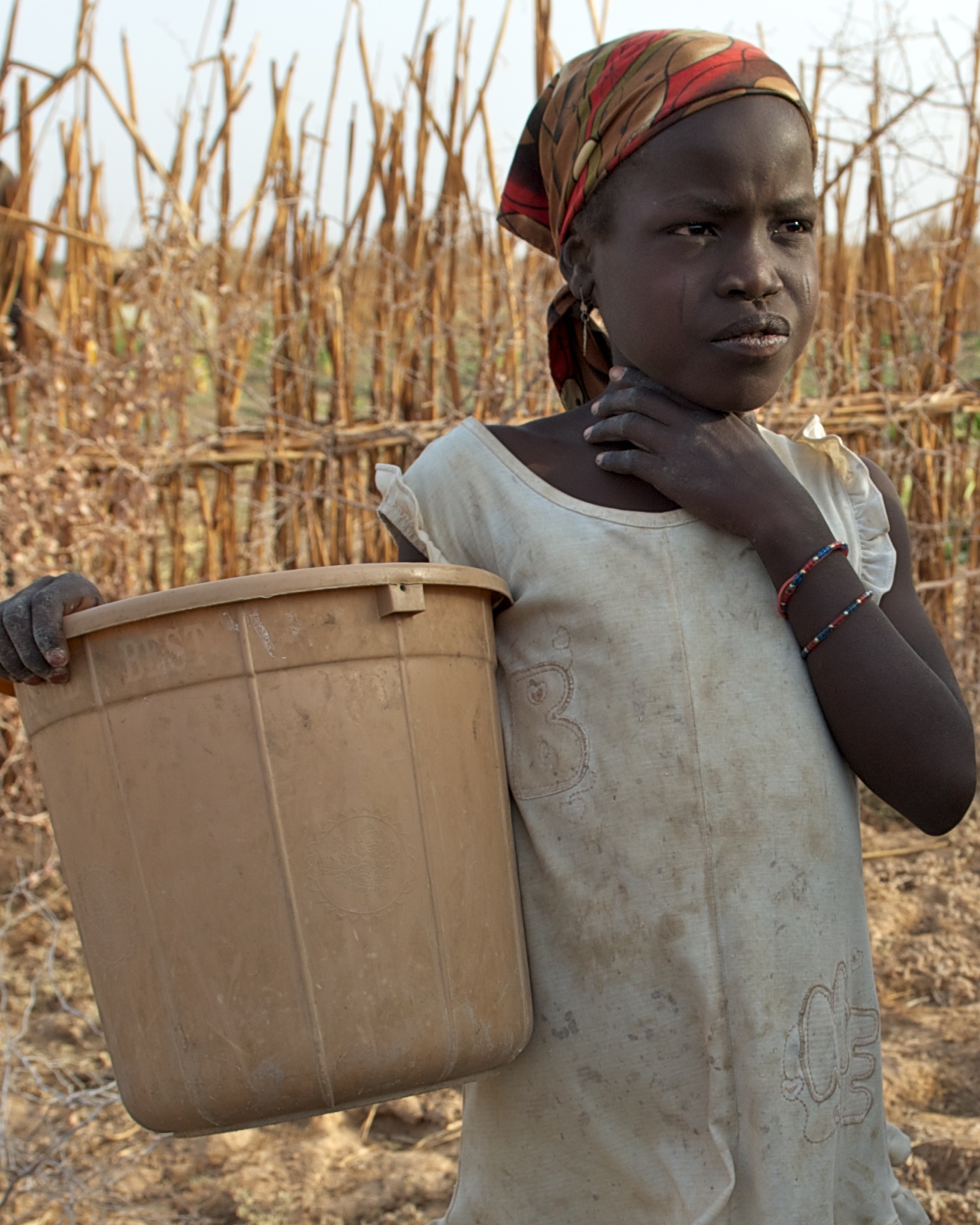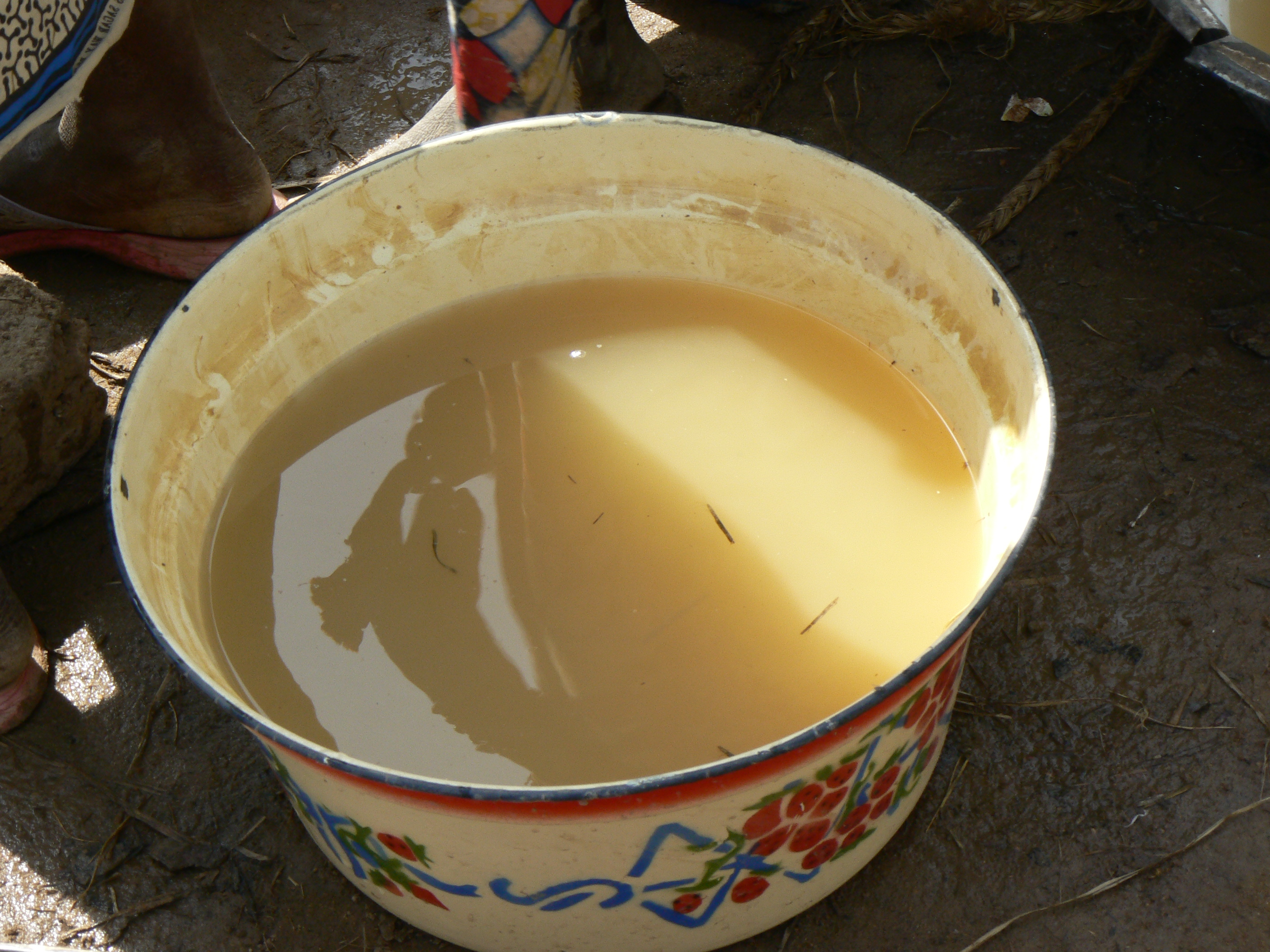By Barbara Goldberg
I shouldn’t complain. I did a dream vacation to Raja Ampat, a remote area in northern Indonesia, flying west from Los Angeles, where, at your toe tips, is the best snorkeling and diving in the world. I spent 11 days on a 120ft boat with a small group and several times a day we plunged into a fantasy world of crystal clear water, pristine corals and exotic fish. After six days more of floating around in another paradise, North Sulawesi, it was time to get myself to Niger.
Getting to Niger from Singapore is NOT something I’d want to do again. After over-nighting in Singapore, I began a hopscotch journey—first to Frankfurt, then backtracking to Istanbul and finally into Niger at 11 pm more than one day later. The good news—none of my flights were late, the bad—a couple of long layovers.
Upon my arrival in Niger, I found out that our youngest team member, 18 year old Kate McEvilly was still en route. Due to a tight connection, she missed a flight, resulting in a 55 hour agonizing journey to get to Niger. We welcomed her with open arms and a soft bed to catch up on her zzzz’s. Kate was a trouper, given that this was her first trip to Africa and the developing world. What a start!!
In a forgotten era, Niger was under control of the French, and so every morning our breakfast buffet included fresh baked croissants, addictive French bread, and the freshest-tasting yogurt, not to mention the scrumptious cheese! We even took some “to go,” much to the dismay of the waiters.
No one goes to Niger as a tourist, unless you are French and going to the very picturesque northern desert. However, since some kidnappings of French tourists a few years ago, even they have stopped coming.
There is only one other tourist site worth seeing in Niger: a giraffe preserve. On previous trips we had no time to visit and the wistful joke between us was, “maybe next time we’ll get to the giraffe park!” We had no hope this year since we’d be traveling with armed guards and they are expensive. However, we had a free day before our work in the field was scheduled to begin and our World Vision partners surprised us with a visit.
Unlike game preserves in other parts of Africa, there was nobody there, not one vehicle or tourist. For many years, theses giraffes competed with the local villagers for food and so their numbers dwindled. In the 19th century, thousands of them lived in West Africa, from Mauritania to Niger. Twenty years ago, fewer than 50 remained because of hunting, deforestation and development and they were heading for extinction.
However, thanks to efforts by the Nigerien government, the herd has come back to about 300 in this game preserve alone! They hang out in an area of about 40 square miles, although they have 650 square miles to roam.
With the help of our guide, we found them quickly and they didn’t run from us even when we moved as they moved, grazing at one tree or another. We were mesmerized as they ambled slowly on their way, stopping to nuzzle each other, sometimes necks intertwined. The simple, child-like pleasure of watching animals was a very peaceful start to the intensity of the week that was to come.







